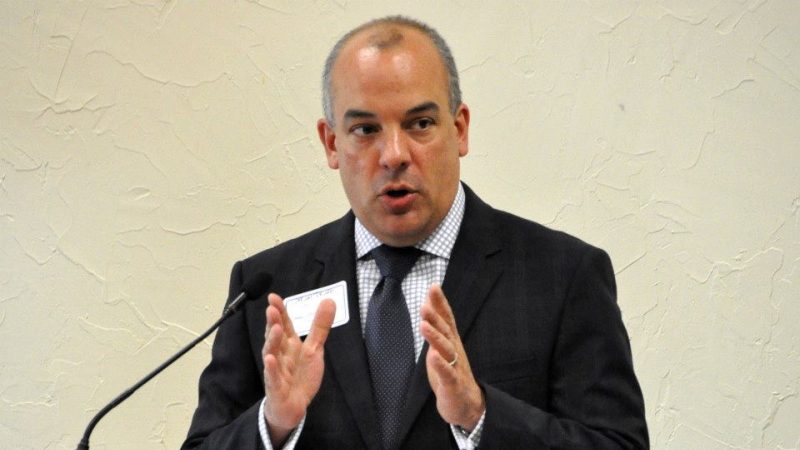Beginning in June, unemployed Texans will no longer be able to participate in a federal COVID-19 program that gives $300 weekly in unemployment benefits.
On May 17, Texas Gov. Greg Abbott informed the U.S. Dept. of Labor that Texas will cease federal COVID-19 unemployment benefits effective June 26.
Texas State Rep. Chris Turner (D-Grand Prairie) sent a letter to the governor criticizing his decision.
“I sent an open letter to Gov. Abbott addressing his decision to end PUA benefits, Turner wrote in a May 19 Twitter post. “I urge him to use funding available through the ARP to address some of our workforce’s most significant barriers to gainful employment, such as the skills mismatch and childcare affordability.”
According to Turner’s letter, the governor’s decision was likely influenced by other states that recently made similar decisions, but Turner points out that unlike those other states, Texas has not even remotely returned to its pre-pandemic unemployment rate of approximately 3.4% and remains high at 6.9% as of last March – almost double the pre-pandemic rate.
“Your abrupt and unilateral decision to cancel more than 1 million Texans’ pandemic unemployment benefits is deeply concerning, particularly since those employment benefits come at no cost to our state,” Turner wrote to Gov. Abbott in his letter. “While I completely agree with your stated goal of getting Texans back to work as soon as possible and ensuring Texas businesses can hire employees, I fear that your decision will harm Texas workers and the state’s economy.”
The governor believes that his decision will encourage workers to return to the workforce and said that Texas Workforce Commission data shows nearly 45% of posted jobs offer wages greater than $15.50 per hour.
“The Texas economy is booming and employers are hiring in communities throughout the state,” Abbott said in a statement. “According to the Texas Workforce Commission, the number of job openings in Texas is almost identical to the number of Texans who are receiving unemployment benefits. That assessment does not include the voluminous jobs that typically are not listed, like construction and restaurant jobs. In fact, there are nearly 60% more jobs open (and listed) in Texas today than there was in February 2020, the month before the pandemic hit Texas.”
Besides eliminating the weekly $300 benefit, Abbott also announced the end to a federal benefit that extended financial aid to gig workers, self-employed people and others who aren’t traditionally covered by unemployment insurance, according to Texas Tribune.
As of the end of last month, more than 300,000 Texans were receiving assistance from the soon-be-terminated benefits program.

